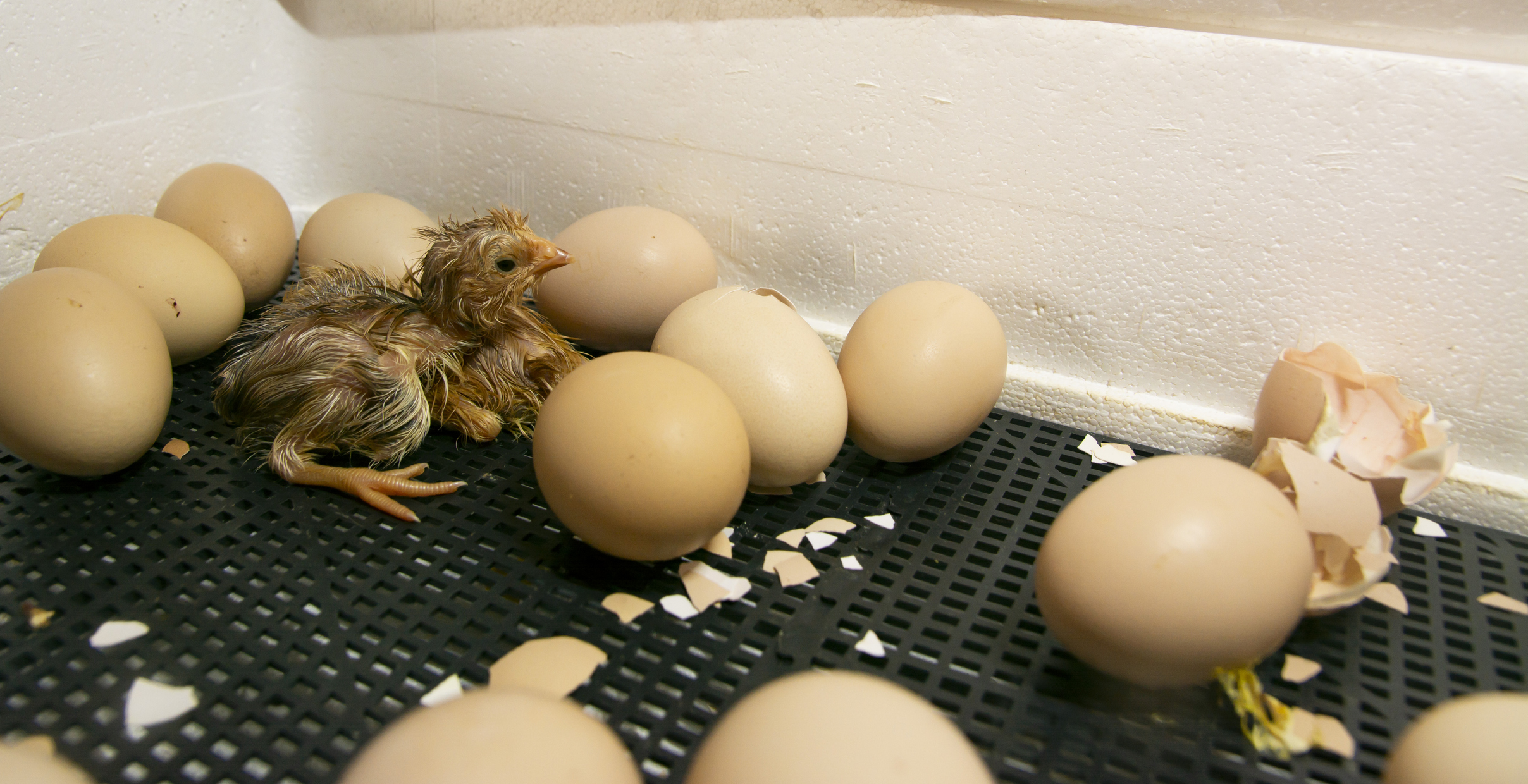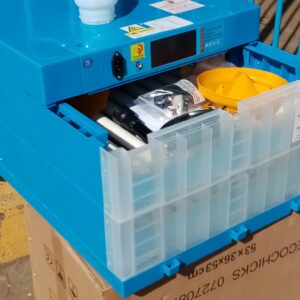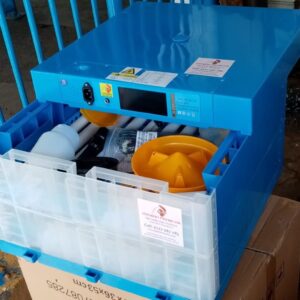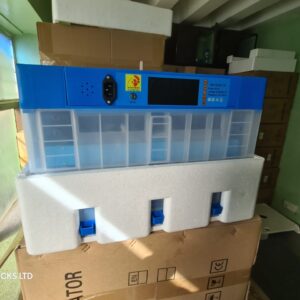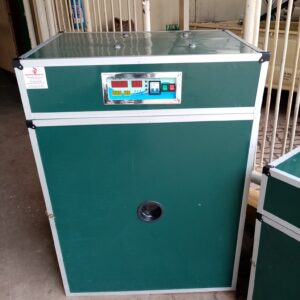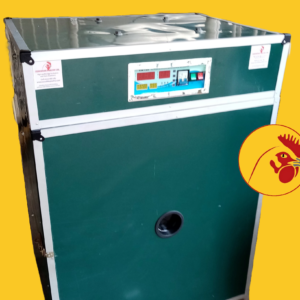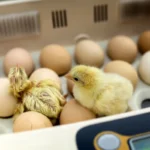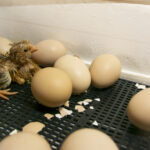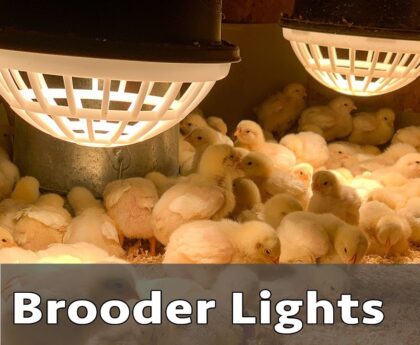Selecting quality hatching eggs is crucial for the success of any poultry breeding program. Hatching eggs that are of high quality can significantly improve hatchability rates and increase the overall quality of the chicks that hatch. In order to ensure the best possible outcome, it is important for poultry farmers and breeders to understand the importance of hatching egg selection and to implement effective strategies for selecting the best eggs.
Importance of Selecting Quality Hatching Eggs
The selection of quality hatching eggs is of utmost importance as it directly impacts the success of a poultry breeding program. High-quality hatching eggs have a higher chance of producing healthy and robust chicks with a greater potential for growth and performance. These eggs possess characteristics such as optimal size, shape, and weight, which are essential for proper embryo development.
By selecting hatching eggs carefully, farmers can also reduce the risk of transmitting diseases or genetic abnormalities to the next generation. Eggs that come from healthy parent birds with desirable traits are more likely to yield productive and disease-resistant offspring. Additionally, selecting eggs with a strong shell and minimal cracks or deformities can help prevent bacterial contamination, ensuring a higher hatchability rate.
Effective Strategies for Hatching Egg Selection
To achieve successful hatching, effective strategies for selecting hatching eggs should be implemented. One important strategy is to choose eggs from parent birds of superior genetic quality. These birds should have desirable traits such as high egg production, strong immune systems, and good overall health. Such traits can be assessed through careful observation, recording of production data, and regular health checks.
Another crucial strategy is to examine the physical characteristics of the eggs. Eggs of optimal size, shape, and weight are more likely to contain a well-developed embryo and have a higher hatchability rate. It is also important to inspect the shell quality, making sure there are no visible cracks or deformities that could lead to bacterial contamination. Using candling or similar techniques to check for irregularities inside the egg can further enhance the selection process.
Lastly, eggs should be stored properly before incubation to maintain their viability. They should be stored at a consistent temperature and humidity level to prevent deterioration. Turning the eggs regularly during storage can also help maintain embryo health. Careful handling and transportation of eggs are essential to avoid damages that may affect their ability to hatch.
-
 128 Eggs Incubator Fully Automatic Breeding Machine Engine Breeding Apparatus with Precise Temperature Sensor and FanKSh20,000.00
128 Eggs Incubator Fully Automatic Breeding Machine Engine Breeding Apparatus with Precise Temperature Sensor and FanKSh20,000.00 -
 128 Eggs Incubator Fully Automatic Breeding Machine Engine Breeding Apparatus with Precise Temperature Sensor and FanKSh20,000.00
128 Eggs Incubator Fully Automatic Breeding Machine Engine Breeding Apparatus with Precise Temperature Sensor and FanKSh20,000.00 -
 Eggs Incubator with Automatic Egg Turning Water Fulfilling, Humidity Control Temperature Incubators for Hatching Chicken Duck Goose Birds EggsKSh20,000.00
Eggs Incubator with Automatic Egg Turning Water Fulfilling, Humidity Control Temperature Incubators for Hatching Chicken Duck Goose Birds EggsKSh20,000.00 -
 128 Eggs Incubator Automatic Turning Large Poultry for Farm Breeding HatchingKSh20,000.00
128 Eggs Incubator Automatic Turning Large Poultry for Farm Breeding HatchingKSh20,000.00 -
 128 Eggs Fully Automatic Poultry Hatcher Machine with Led Candler Egg Turning and Temperature Control for Hatching Chicken Duck Goose QuailKSh20,000.00
128 Eggs Fully Automatic Poultry Hatcher Machine with Led Candler Egg Turning and Temperature Control for Hatching Chicken Duck Goose QuailKSh20,000.00 -
 128 Eggs Incubator Automatic Turning Large Poultry for Farm Breeding HatchingKSh20,000.00
128 Eggs Incubator Automatic Turning Large Poultry for Farm Breeding HatchingKSh20,000.00 -
 1056 Eggs Fully Auto Poultry Incubator And Hatchery.KSh65,000.00
1056 Eggs Fully Auto Poultry Incubator And Hatchery.KSh65,000.00 -
 1056 Eggs Incubator Fully Automatic Poultry Hatcher Machine with Temperature Control, for Chicken Duck Dove QuailKSh65,000.00
1056 Eggs Incubator Fully Automatic Poultry Hatcher Machine with Temperature Control, for Chicken Duck Dove QuailKSh65,000.00 -
 1058 Eggs Capacity Poultry Full Auto Incubator HatcherKSh65,000.00
1058 Eggs Capacity Poultry Full Auto Incubator HatcherKSh65,000.00

